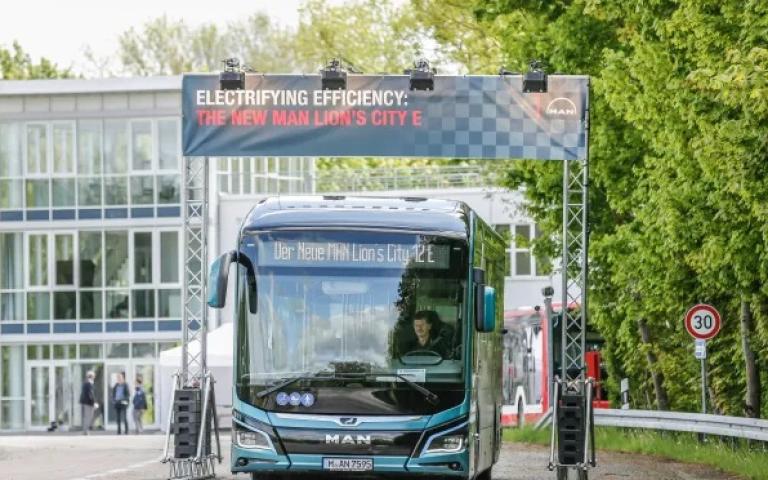The Traton Group, one of the largest global players in the commercial passenger and cargo vehicle industry; with its brands MAN, Scania, Volkswagen Trucks & Buses, Navistar and RIO in digital services; has decided to assume head-on the commitment to offer sustainable transportation, seeking affordable and profitable solutions for its customers around the world.
The group has been investing heavily in the development of new products, battery technologies, research and testing for its electrification-oriented models, construction of new production facilities, among others. Previously, the budget earmarked for electromobility in 2025 had been 1.6 billion euros, which by 2026 will receive a significant increase.
That is why the Traton Group, in order to intensify the transition to commercial vehicles powered by alternative propellants, plans to invest €2.6 billion in electric mobility research and development by 2026 in support of that goal.
“Together with its brands, the Traton Group will take a leading role in sustainable transport. That is why we have consistently aligned our planning for the next five years to focus on battery electric drives. These units are clearly the greenest, fastest and most affordable solution for our customers, even for long-distance transport, although hydrogen can be a useful addition in certain niches. Since trucks are mostly charged during supply peaks and demand troughs, even the power load on the grid is moderate. That is why we must focus on creating the infrastructure that we so urgently need. Establishing the fast charging network for passenger cars also offers a unique opportunity for synergies” said Christian Levin, CEO of the Traton Group.


Pure battery electric trucks have a clear advantage over their hydrogen counterparts: 75% of energy output is used to power electric vehicles, compared to 25% for fuel cell trucks.
That is why Traton’s priority is to invest in Battery Electric Vehicles (BEVs), the goal is for 50% of long-distance trucks to be zero-emission by 2030, provided the corresponding regulatory mechanisms and infrastructure are in place. Work is already underway on charging issues, following the agreement signed between Daimler Truck and the Volvo Group to create a public charging network for battery-electric heavy trucks and coaches as part of a joint venture. All partners have already signed a binding agreement at the end of 2021, which is now subject to antitrust approvals.
In the last quarter of 2021, the commercial results of the electric vehicles of the Traton Group brands were as follows:
The plan is to install at least 1,700 high-performance green energy charging points across Europe within five years of establishing the joint venture. In 2020, the Traton Group invested one billion euros for the electrification of transport and in five years, the amount allocated will have almost tripled.

